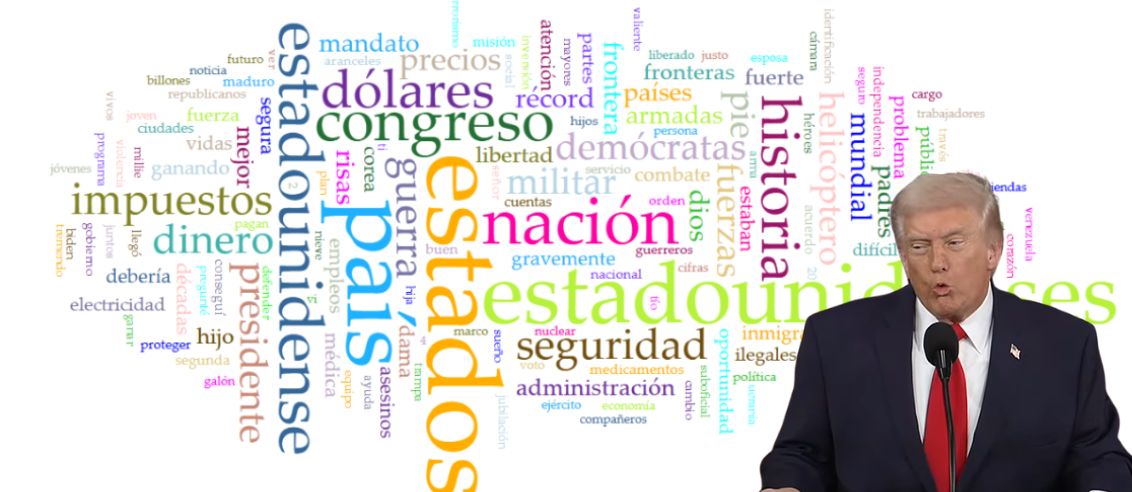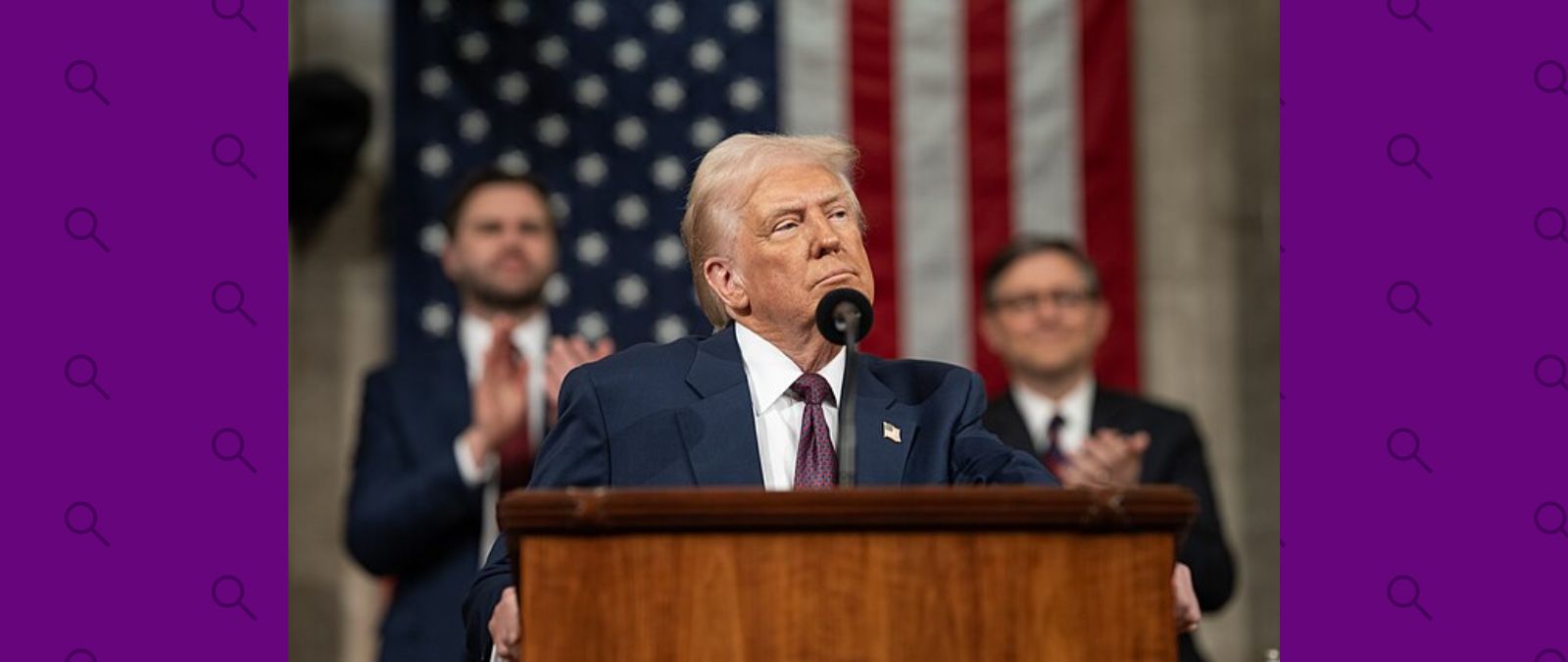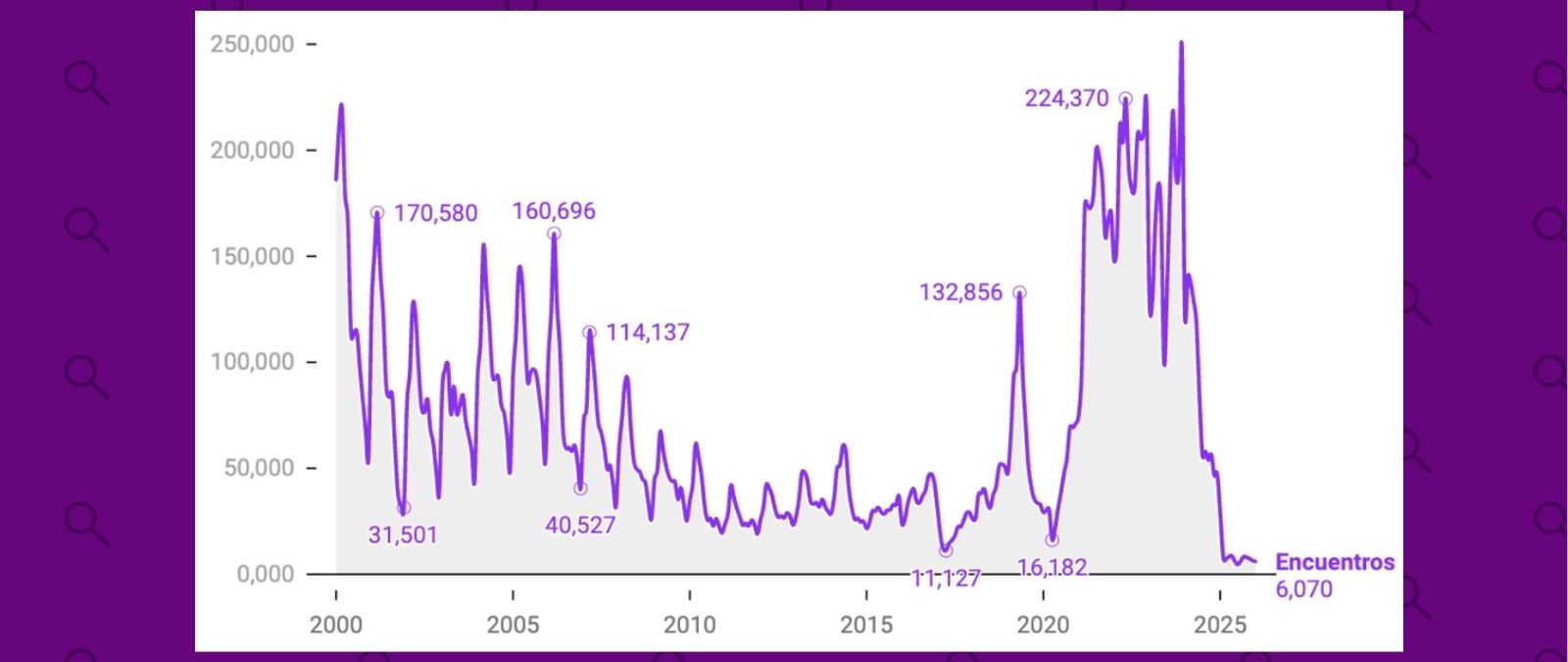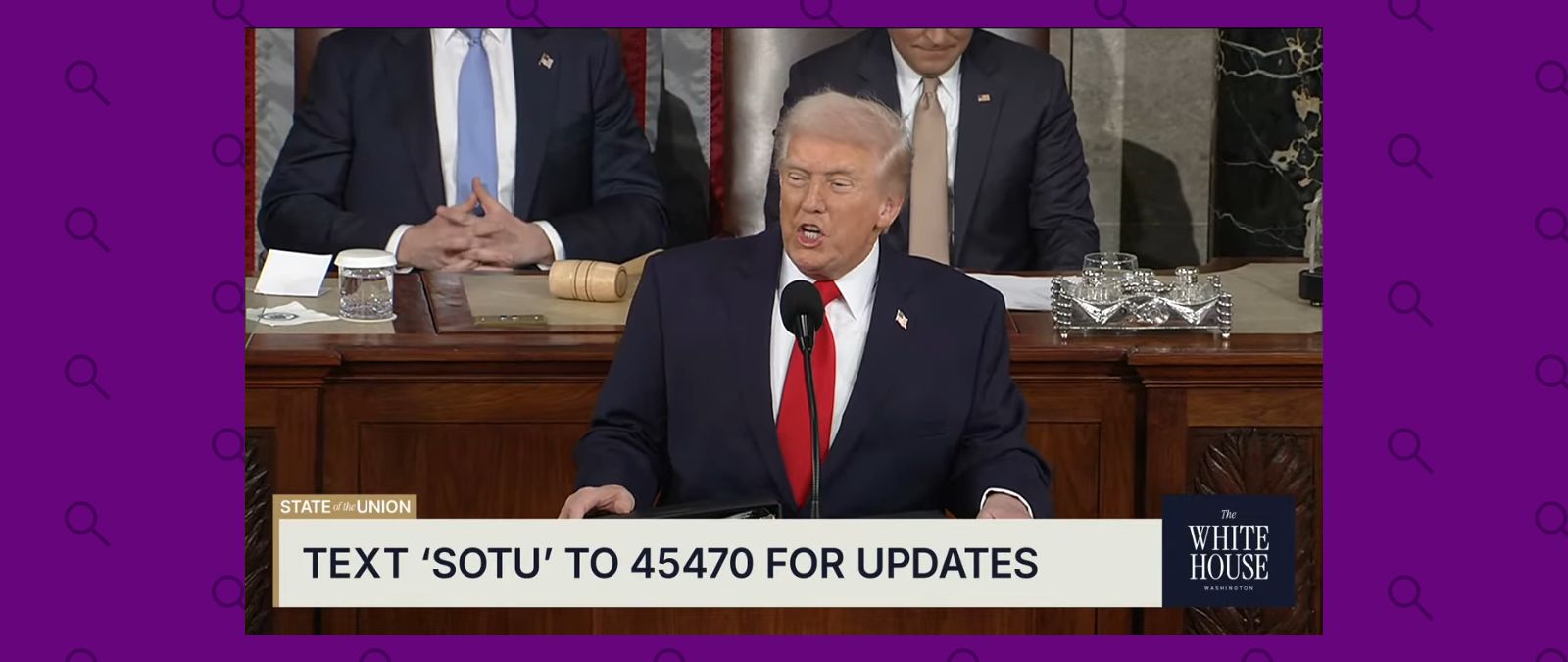November 5th, 2024, is a key date in U.S. policy. It’s the day of the elections to choose the next president and vice president. But that same day, voters will decide many other things. On a federal level, the entire House of Representatives is elected, and more than one third of the Senate. People will vote for governor in 11 states and Puerto Rico, and for mayor in cities with large Latino populations, like San Francisco, California or El Paso, Texas.
These other elections don’t get as much coverage as the presidential ones, but they are very important. For example, the new president will find it very challenging to pass new laws if their party does not have a majority in both chambers: the Senate and the House of Representatives.
On November 5th there are also congressional elections
Members of the House of Representatives are elected every 2 years. All 50 states are divided in 435 election districts according to their population sizes, and in each one of them voters will choose their representative in Washington. For example, New York has 19 million residents and 26 congressional districts, and each district has a representative in Congress. Wyoming, on the other hand, has half a million residents and only one representative.
For senators, it’s different. This chamber only has 100 members (2 for each state). Each senator serves terms of six years, and every 2 years one third of the chamber faces elections. That’s why some Senate elections are on the same day as the presidential election, and others are during the midterms. In 2024, for example, 34 senators will be elected, some of them in states like Florida, Texas, California, New York, New Jersey, Nevada, Arizona or New Mexico. The U.S. constitution only determines how long a president should serve, so senators and representatives can run for reelection as many times as they want.
At this moment, the Republican party has the majority in the House of Representatives, and the Democratic party in the Senate, but the November 5th elections can change everything. The Senate is considered to be the most important chamber in Congress, because it has the unique power of blocking most presidential appointments, like judges or members of cabinet.
In 2024, Democrats have a slight disadvantage for the Senate elections. Out of the 34 seats that will be elected on November 5th, 23 are held by Democrats. While Republicans are only “defending” 11 seats. Out of the 66 seats that are not renewed this year, 38 are Republican senators. That is why they have an advantage to begin with.
Eleven states choose their governor and many major cities, their mayor
On November 5th, 11 states and Puerto Rico will also choose their governor. These are North Carolina, North Dakota, Delaware, Indiana, Missouri, Montana, New Hampshire, Utah, Vermont, West Virginia and Washington. At present, 8 of these 11 states have Republican governors, while Puerto Rico has Pedro R. Pierluisi, from the New Progressive Party (Partido Nuevo Progresista, or PNP), who is seeking reelection.
Also, according to Ballotpedia, 41 cities among the largest 100 by population or state capitals are holding mayoral elections on November 5th: Phoenix and Mesa, in Arizona, or San Francisco, Sacramento or San José, in California; also in Baltimore, Maryland or Las Vegas, Nevada. In Texas, there are mayoral elections in Austin, El Paso, Corpus Christi and Lubbock.
The Latino vote in 2024
As we’ve told you in Factchequeado, 36 million Latinos are eligible to vote on November 5th, both in the presidential elections, as well as legislative or any other election being held where they live. If they register to vote, they will represent 4 million more people than those eligible for the 2020 elections.
Here you can check Factchequeado’s #ElectoralExplainer - A guide with what you need to know about the 2024 presidential elections
Factchequeado is a verification media outlet built by a Spanish-speaking community to tackle disinformation in the United States. Do you want to be part of it? Join us and verify the content you receive by sending it to our WhatsApp +16468736087 or to factchequeado.com/whatsapp.








